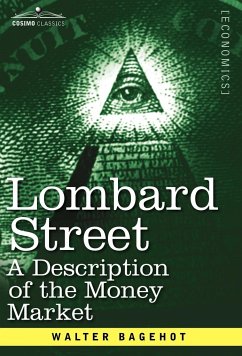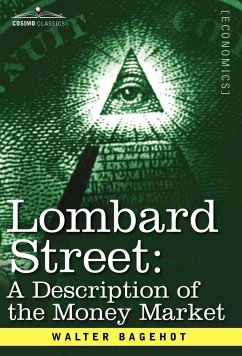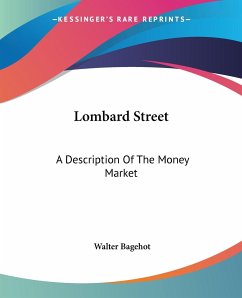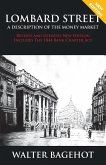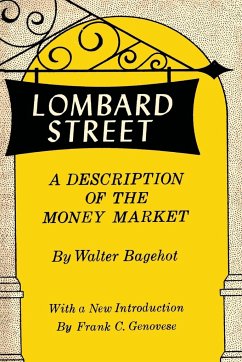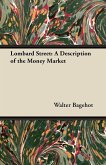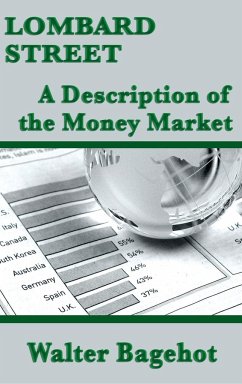Much of what we consider modern economics is the work of British journalist and economist Walter Bagehot, one of the first editors of the influential newspaper The Economist and an early proponent of business cycles. Here, he develops his theory of central banking, much of which continues to impact financial thinking today. First published in 1873, this replica of the updated 1910 edition explores the history of London's Lombard Street, from how it came to be the traditional home of banks and moneylenders to how the value of money was determined by the institutions there. Joint stocks, private banking, and the regulation of the banking reserve: Bagehot's discussion of these fundamental economic issues makes this a vital resource for anyone wishing to understand financial history. WALTER BAGEHOT (1826-1877) also wrote The English Constitution (1867), Physics and Politics (1872), and The Postulates of English Political Economy (1885), among other works.
Hinweis: Dieser Artikel kann nur an eine deutsche Lieferadresse ausgeliefert werden.
Hinweis: Dieser Artikel kann nur an eine deutsche Lieferadresse ausgeliefert werden.

